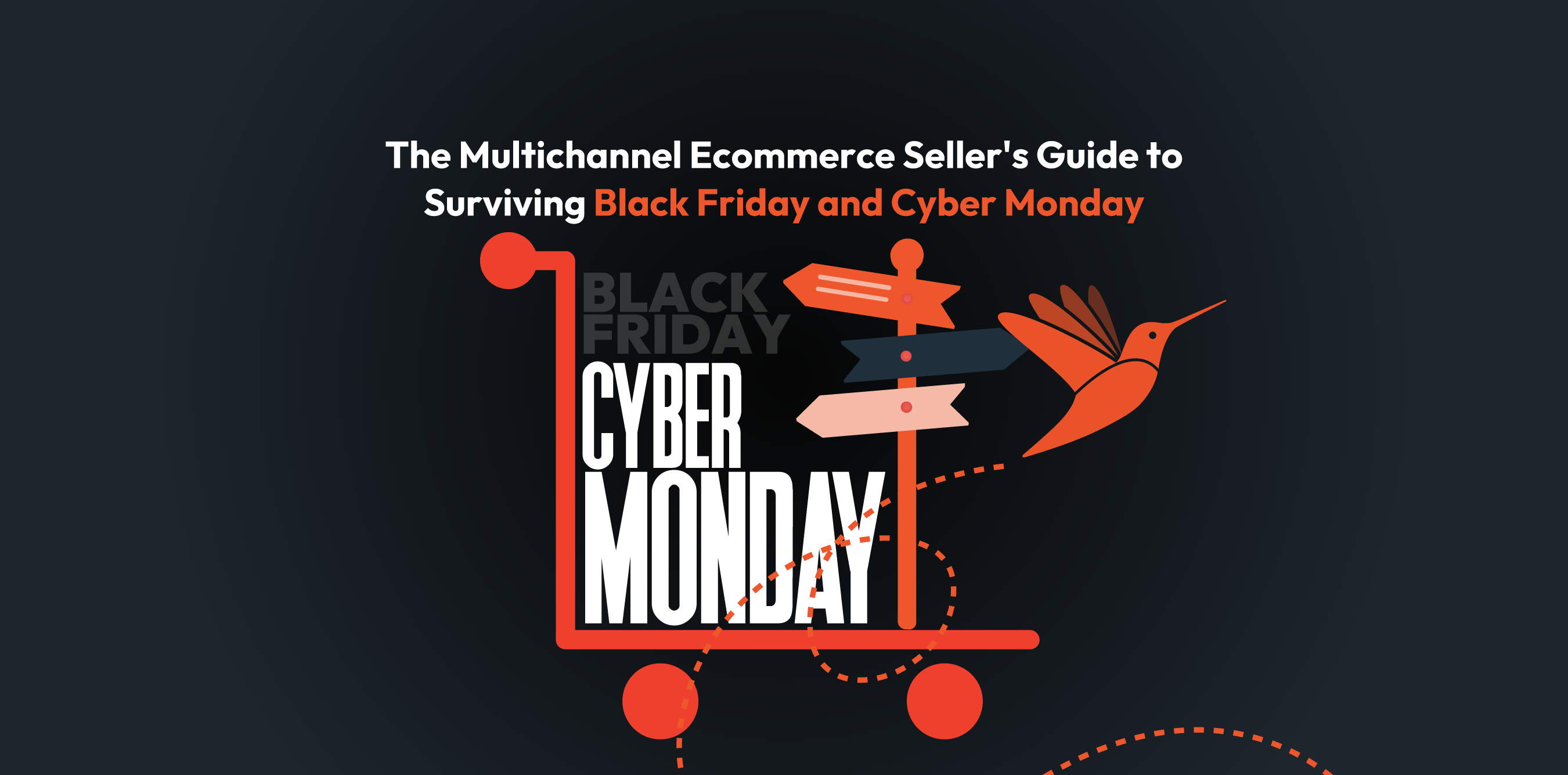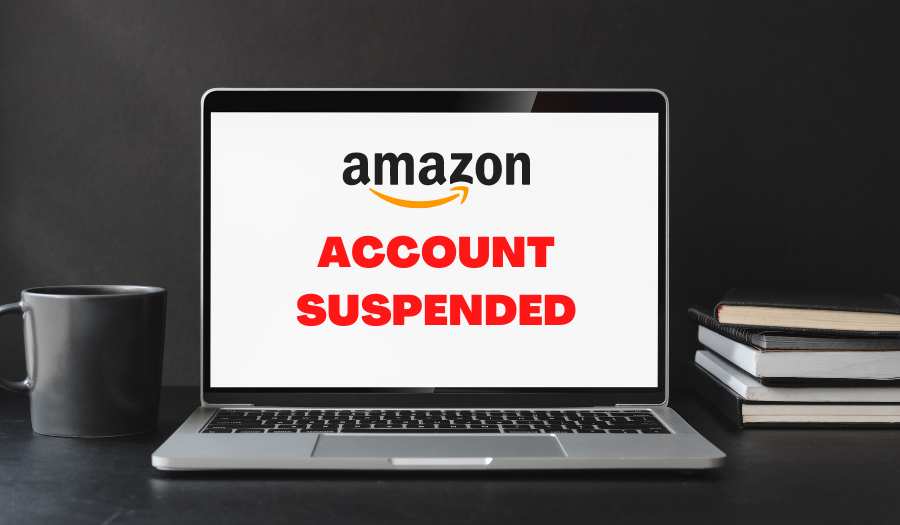

The Multichannel Ecommerce Seller's Guide to Surviving Black Friday and Cyber Monday
Black Friday/Cyber Monday (BFCM) isn't just a sales opportunity; it's a stress test for your entire...

We are experts in eCommerce and Automation with 100+ years of collective experience.


Black Friday/Cyber Monday (BFCM) isn't just a sales opportunity; it's a stress test for your entire...


Client |
Mac Duggal |
Industry |
High-End Women's Apparel (Special Occasion &... |
.jpg)
.jpg)
Multichannel selling is a practical strategy for expanding a brand's market visibility, generating...
.jpg)
.jpg)
As an Amazon Seller, you put a lot of time and energy into ensuring that your products are of the...


On Monday, August 1st, Amazon announced a new perk for Prime Members. The commerce giant's big...


With Prime Day behind us and the days slowly beginning to shorten, parents and children are...


If you have been an Amazon Seller for long enough, there is a chance that you have already...
.jpg)
.jpg)
Ecommerce has become a prominent way for people to make money with the internet.
Having an...


Beauty Bridge was founded in 2005 as a traditional bricks and mortar beauty retail...


The discoverability of your products on marketplaces depends mainly on the quality of your...